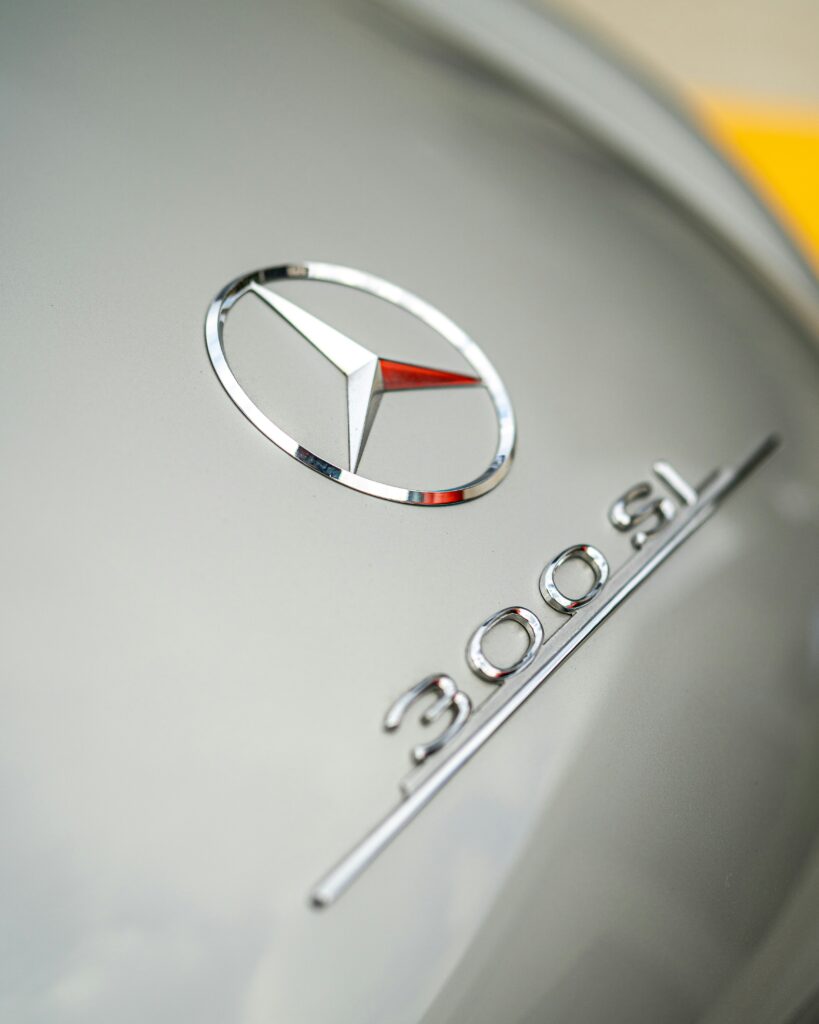European car makers are facing intensifying challenges in 2025, with Goldman Sachs downgrading Mercedes-Benz AG and Porsche AG. The downgrade reflects rising costs, trade tariffs, and mounting pressures on profit margins across the sector.
Germany’s renowned automotive brands, long lauded for their engineering excellence, are contending with weak profitability in electric vehicles (EVs) and declining earnings from China. Goldman Sachs analyst George Galliers, in a report on Tuesday, underscored the hurdles facing the industry, including labor cost increases, tariff risks, and stricter environmental regulations.
“We anticipate another tough year for European auto stocks in 2025,” Galliers stated, noting that the sector already experienced a 12% decline in 2024. The firm has revised its earnings projections for European car makers downward, cutting forecasts by 9% for 2025 and 6% for 2026.
Profitability Challenges for EVs and Chinese Operations
A significant issue plaguing European automakers is the low profitability of battery electric vehicles (BEVs).
Goldman Sachs predicts BEV sales in Europe and the European Free Trade Association (EFTA) will grow from 14.3% in 2024 to 19% in 2025. However, high production costs remain a significant obstacle, limiting margins despite regulatory pushes to reduce CO2 emissions.
German car makers are also grappling with declining profits from their Chinese joint ventures. Earnings from these ventures dropped by 36% year-on-year in 2024, reflecting broader struggles in the world’s largest automotive market. Galliers noted that Western brands like Ford and General Motors have already seen losses in China, raising concerns that European manufacturers may face a similar fate.
Downgraded Prospects for Porsche and Mercedes
Goldman Sachs downgraded Porsche SE from “Buy” to “Sell,” citing limited growth prospects and financial risks.
Galliers highlighted weakened BEV demand in Western markets and financial strain from Volkswagen’s ongoing restructuring efforts as key factors. He added that Porsche’s net debt is unlikely to fall below €4 billion before 2027, further constraining growth.
Mercedes-Benz AG’s rating was also lowered from “Buy” to “Neutral.” Galliers attributed this to mixed performance in luxury vehicle sales, including AMG models, as well as an ageing S-Class lineup. Mercedes’ adjusted earnings before interest and taxes (EBIT) for its car division declined 44% year-to-date by Q3 2024, with a full-year drop of 40% expected. Goldman anticipates an additional 14% decline in 2025 before modest recovery in 2026.
Despite these challenges, Mercedes shows potential with advancements in Level 2+ autonomous driving technology and its collaboration with Nvidia. These developments, coupled with shareholder-focused strategies, may help improve the company’s outlook.
Trade Tensions and Market Opportunities
Trade uncertainties add another layer of difficulty for European automakers.
The European Union recently introduced tariffs on Chinese-made BEVs, while potential trade conflicts with the Trump administration threaten global supply chains. “The auto industry’s global nature makes it particularly vulnerable to tariff escalations,” Galliers noted.
Amid these challenges, Goldman Sachs highlighted Renault as a potential outperformer in the European automotive sector. The French car maker’s emphasis on cost control and its strong product pipeline position it to navigate the turbulent market better than its German peers.
The future of Europe’s car makers hinges on their ability to adapt to evolving market dynamics. As Galliers observed, “Secular concerns have weighed on auto multiples for almost a decade.”
